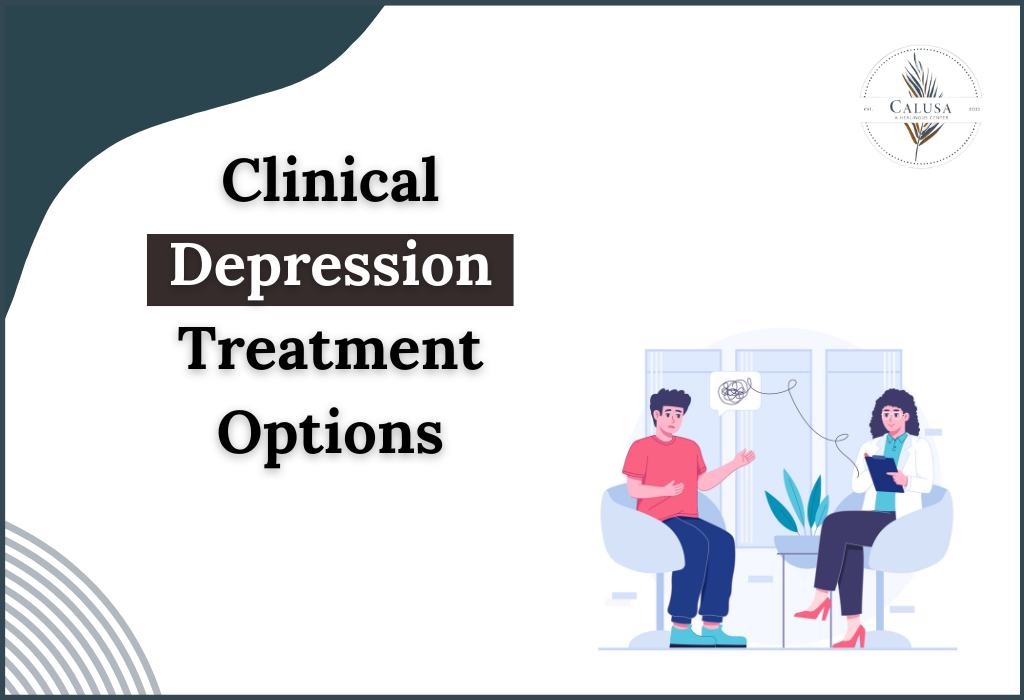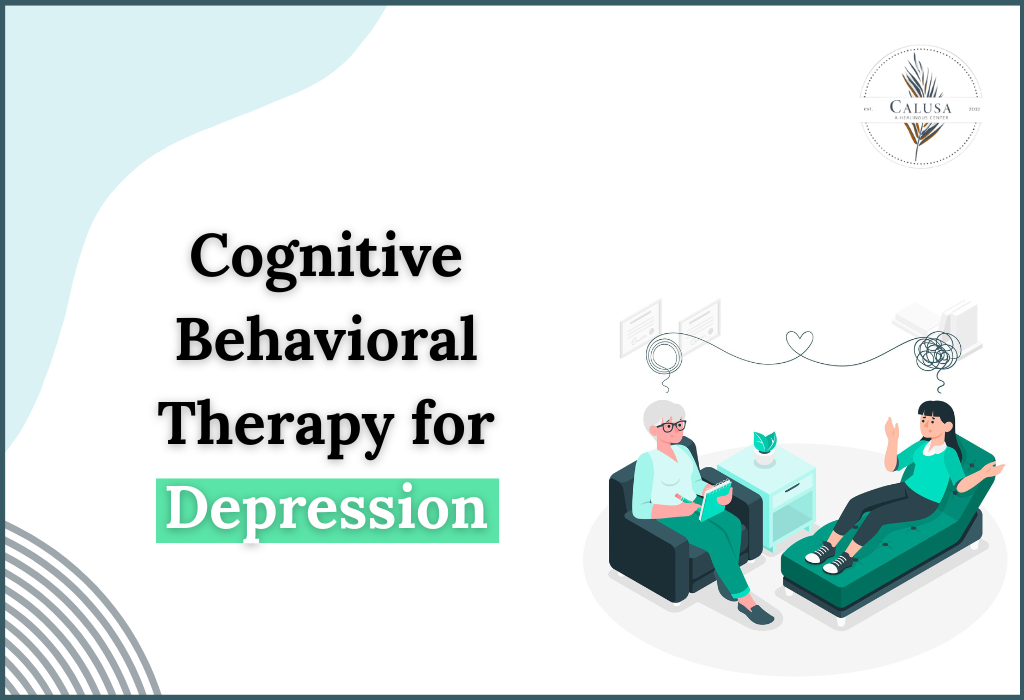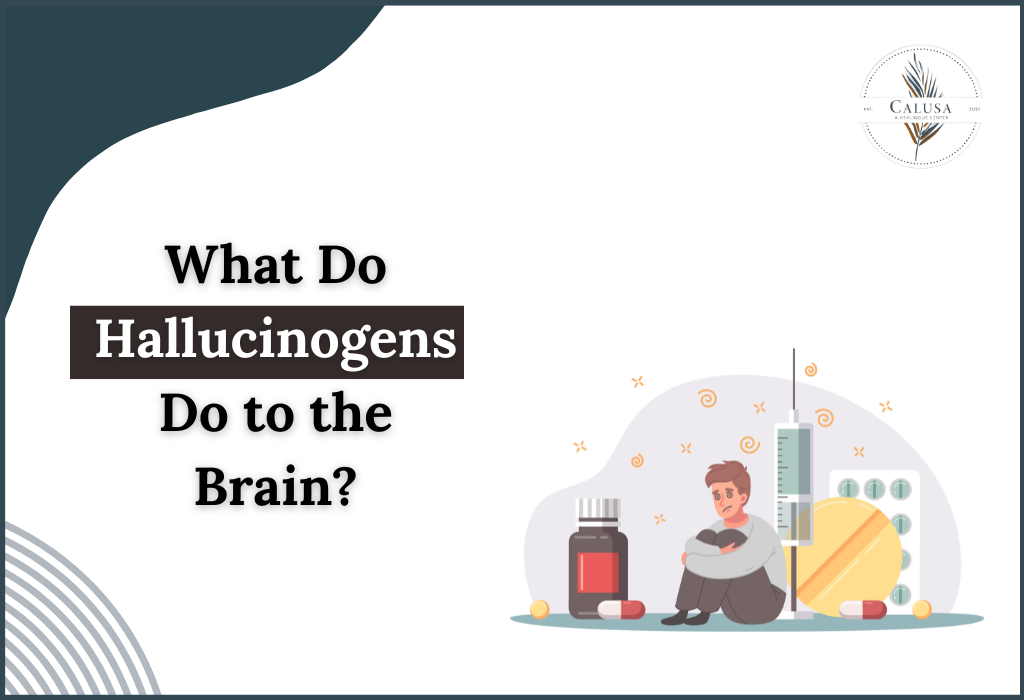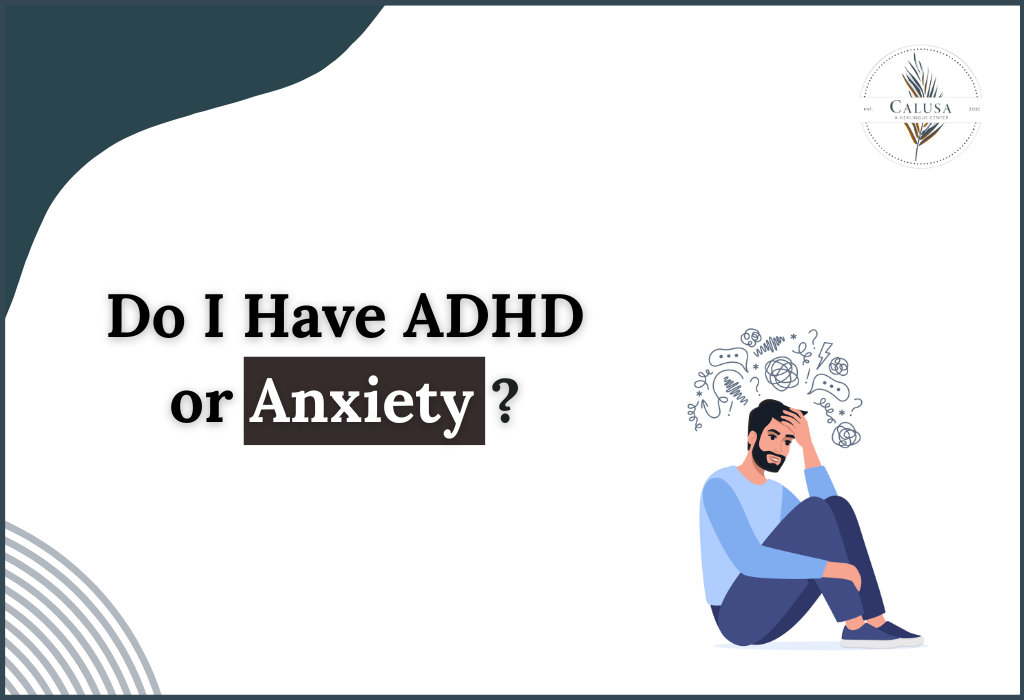Completing a rehab program is a significant achievement and an essential milestone in your recovery journey. But as anyone in long-term recovery knows, the work doesn’t end when treatment does. Knowing the ways to avoid a relapse after rehab is crucial. Transitioning into everyday life comes with new challenges, stressors, and temptations. Relapse is a standard part of recovery, but it isn’t inevitable. With the right tools and mindset, you can build a strong foundation that supports your sobriety well into the future.
At Calusa Recovery Center, we believe that life after rehab is full of possibility, and we’re here to support you every step of the way. Below are six key strategies to help you stay on track and avoid relapse after leaving treatment.
1. Develop a Structured Daily Routine
One of the most effective ways to avoid relapse after rehab is by building a routine that supports your physical and emotional well-being. During active addiction, chaos and inconsistency are common. In recovery, structure can become a stabilizing force that keeps you grounded.
Create a daily schedule that includes time for healthy meals, sleep, work or school responsibilities, therapy, exercise, and relaxation. A routine helps prevent boredom and idleness—two common triggers for relapse—and provides a sense of control and purpose.
2. Build a Strong Support Network
Recovery doesn’t happen in isolation. Surrounding yourself with supportive people who understand and respect your journey is essential. Whether it’s close family, trusted friends, or peers from a recovery group, having people you can turn to in challenging moments makes all the difference.
Consider attending regular support group meetings, such as Alcoholics Anonymous (AA), Narcotics Anonymous (NA), or SMART Recovery. These meetings not only offer encouragement but also create a sense of accountability. You can also work with a sponsor or mentor who has been through similar experiences and can guide you during challenging times.
3. Recognize and Manage Triggers
Everyone in recovery has personal triggers—situations, emotions, or people that create a strong urge to use substances. Identifying your triggers is critical in developing strategies to avoid or cope with them.
Common relapse triggers include:
- High levels of stress or anxiety
- Exposure to places or people associated with past substance use
- Feelings of loneliness, anger, or depression
- Celebrations or events where alcohol or drugs are present
By recognizing these triggers early, you can create a plan to either avoid them or manage your response. This might involve deep breathing, calling a friend, attending a meeting, or practicing mindfulness.
4. Continue Therapy and Aftercare to Avoid Relapse after Rehab
Just because you’ve completed rehab doesn’t mean your therapy should end. Continued counseling and participation in an aftercare program provide ongoing emotional support and tools for healthy coping with life’s challenges.
Many relapse episodes happen when people stop engaging in aftercare. Whether it’s individual therapy, group counseling, sober living, or alumni programs, staying connected with professional support significantly reduces your risk of relapse. At Calusa Recovery Center, our aftercare services are designed to help you navigate life after treatment with confidence and clarity.
5. Take Care of Your Physical Health
There are many ways to avoid relapse after rehab, including doing your best to keep your body healthy and strong. Your body and mind are closely connected. When you prioritize your physical health, you also support your mental and emotional resilience. Regular exercise, nutritious meals, and sufficient sleep can boost your mood, improve energy levels, and help reduce stress, lowering your risk of relapse.
Exercise doesn’t have to be extreme—even daily walks, yoga, or stretching can be influential outlets for processing emotions and staying focused on recovery goals. Avoiding caffeine, sugar, and other mood-altering substances can also keep your body balanced and reduce cravings.
6. Set Realistic Goals and Celebrate Progress
Setting small, achievable goals helps you stay motivated and focused. These goals can relate to your career, personal growth, relationships, or hobbies. When you hit a milestone—no matter how small—take time to celebrate your progress.
Recovery is a lifelong journey, and acknowledging your hard work reinforces your commitment to sobriety. Whether you’re 30 days or 3 years sober, every moment matters. Consider keeping a journal or sobriety tracker to reflect on how far you’ve come and remind yourself of the reasons you chose recovery.
Moving Forward with Support from Calusa Recovery Center
Recovery doesn’t stop after rehab—it’s a continuous process that requires dedication, self-awareness, and support. While setbacks may happen, they don’t define you how you respond matters most, beginning with staying proactive and connected.
At Calusa Recovery Center, we’re here to help you maintain your recovery and thrive in life after treatment. From personalized aftercare planning to ongoing therapy and support groups, our programs are built around your unique needs and goals.
If you or someone you love is struggling with addiction—or if you need help staying sober after treatment—reach out to Calusa Recovery Center in Florida. Our experienced and compassionate team is ready to help you build the life you deserve.










